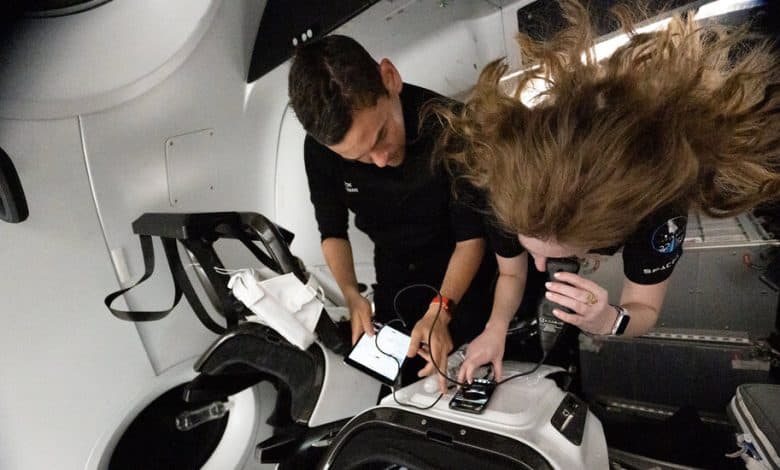Three Days in Space Was Enough to Change 4 Astronauts’ Bodies and Minds

Space changes you, even during short trips off the planet.
Four people who spent three days off Earth in September 2021 experienced physical and mental changes that included modest declines in cognitive tests, stressed immune systems and genetic changes within their cells, scientists report in a package of papers published on Tuesday in the journal Nature and several other related journals.
Almost all of what changed in the astronauts returned to normal after they splashed down on Earth. None of the alterations appeared to pose a showstopping caution for future space travelers. But the results also highlighted how little medical researchers know.
Christopher Mason, a professor of genomics, physiology and biophysics at Weill Cornell Medicine in New York City and one of the leaders of the research, called the collection of papers and data “the most in-depth examination we’ve ever had of a crew” as he spoke during a news conference on Monday.
The four astronauts traveled on a mission, known as the Inspiration4, which was the first trip to orbit where not one of the crew members was a professional astronaut. Jared Isaacman, a billionaire entrepreneur, led the mission. Instead of bringing friends along, he recruited three travelers who represented a wider swath of society: Hayley Arceneaux, a physician assistant who survived cancer during her childhood; Sian Proctor, a community college professor who teaches geoscience; and Christopher Sembroski, an engineer.
The Inspiration4 crew members consented to participating in medical experiments — collecting samples of blood, urine, feces and saliva during their flight — and to allowing the data to be cataloged in an online archive known as the Space Omics and Medical Atlas, or SOMA, which is publicly available.
Although the data is anonymous, that does not provide much privacy because there were only four crew members on Inspiration4. “You could probably figure out who is who, actually,” Dr. Proctor said in an interview.
